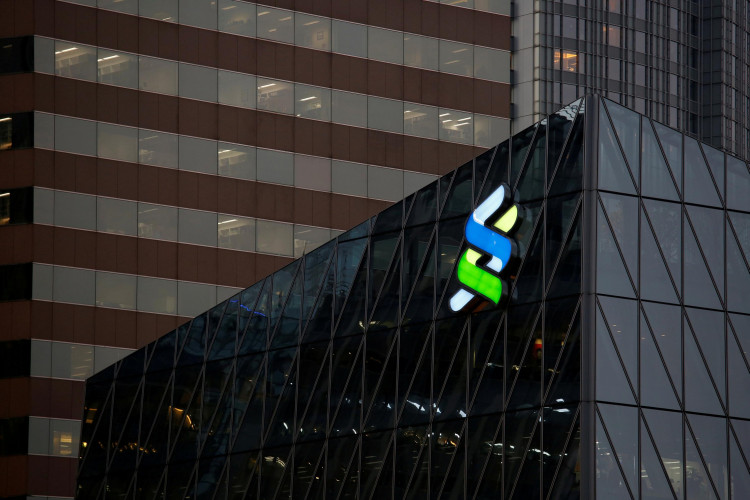The climate for money and banking investments remain surprisingly the status quo within the largest financial companies in the bustling metropolis of Hong Kong.
That was the lesson this week as Hong Kong's two financial companies- HSBC Holdings Plc and Standard Chartered Plc- published quarterly results showing trade holding up there amid civil unrest.
Now, with his assessment, one of the top financial center analysts is weighing in: don't expect the city to sacrifice any prominence in global markets.
"For Hong Kong to cede its status as a financial center, it would take a huge structural change," KC Chan, former financial resources and treasury secretary of the region, said.
"I don't see that today. The reason that the financial markets of Hong Kong are doing so well is that they have served the economy of China. Did that change? No," he said.
Demonstrations spearheaded by pro-democracy protesters also undermined domestic trade and kept visitors at bay, forcing the area into a technical recession. But that's not the real story.
Although the unrest could force businesses to transfer their wealth to rival regions like Singapore or lead big financial firms to re-focus their city presence, still the city holds so much promise.
In recent days, Chan's vote of confidence and executives atop major banks demonstrated the unique position of Hong Kong as China's path to international markets.
The regulatory framework and laws of the region, the argument goes, make it an indispensable location for businesses to draw money from abroad in the world's second-largest economy.
This, in effect, has brought wealth to the region, attracting armies of private bankers and money managers to tend it.
Hong Kong, despite the noise going on around the region of late, has been attractive to a host of companies that have associated their fortune to the city.
HSBC said that its business interests in the Asian region have been quite solid when the bank divulged its financial report in the last nine months.
Also, considering the rather bleak opportunities for the economy, where SMEs faced some difficulties hitting their goals, HSBC initiated a $90 million credit fee.
Late Thursday, for the first time in more than ten years, HSBC trimmed down its biggest lending rate in the region, a transformation it said should be able to ease the local economy.
Many ultra-rich consumers develop contingency plans for storing money somewhere, the firm said, but in reality, very little has changed.
There was no significant capital outflow across the city, Eddie Yue, Chief Executive of the Hong Kong Monetary Authority, added at a briefing on Thursday.
"Business is going on pretty well," Chief Financial Officer Andy Halford said on Wednesday to Bloomberg Television, referring to the city.





